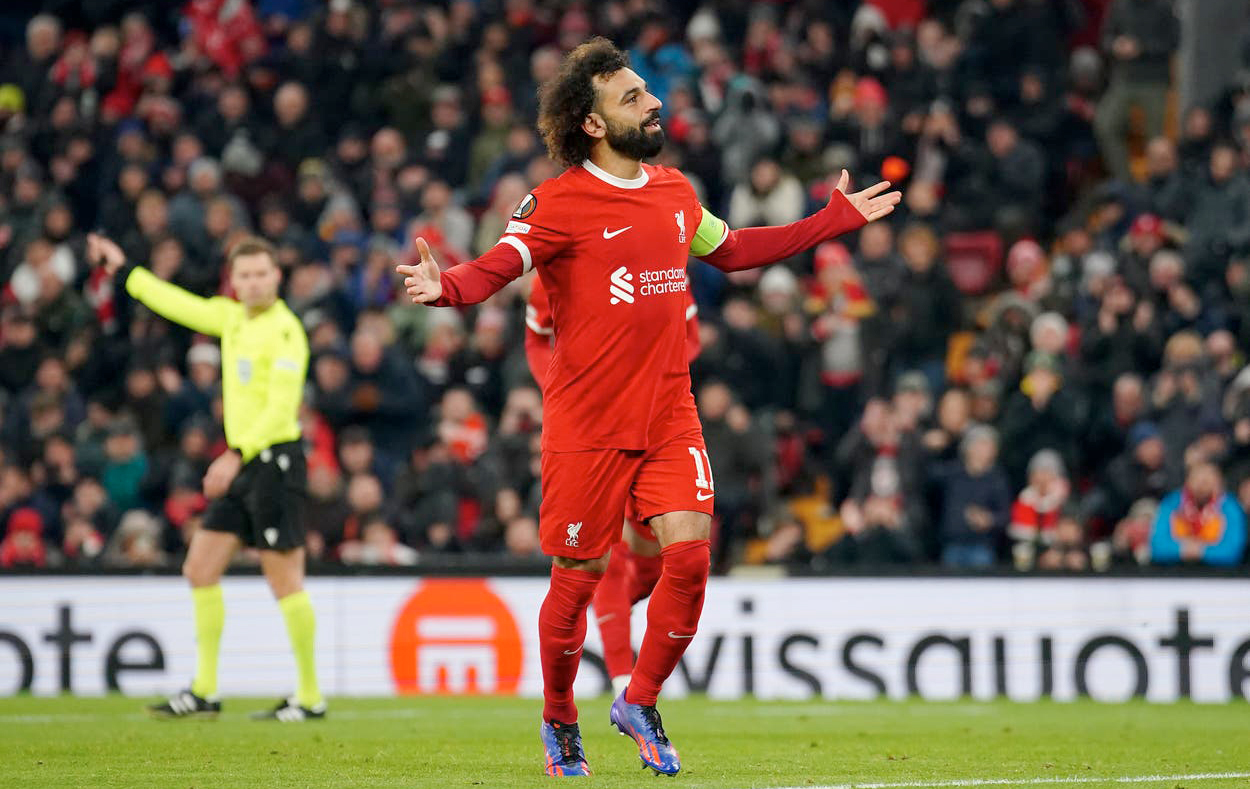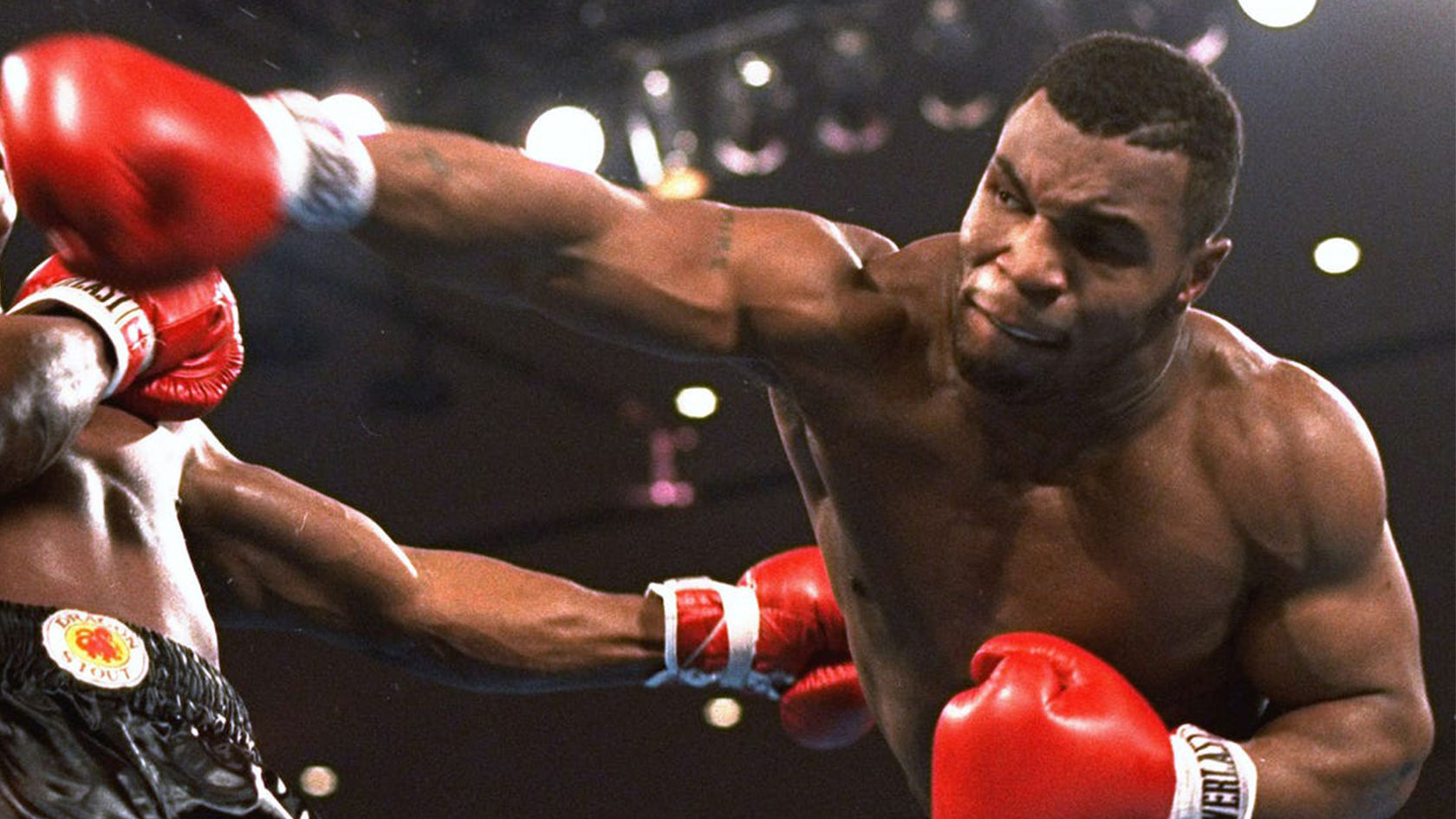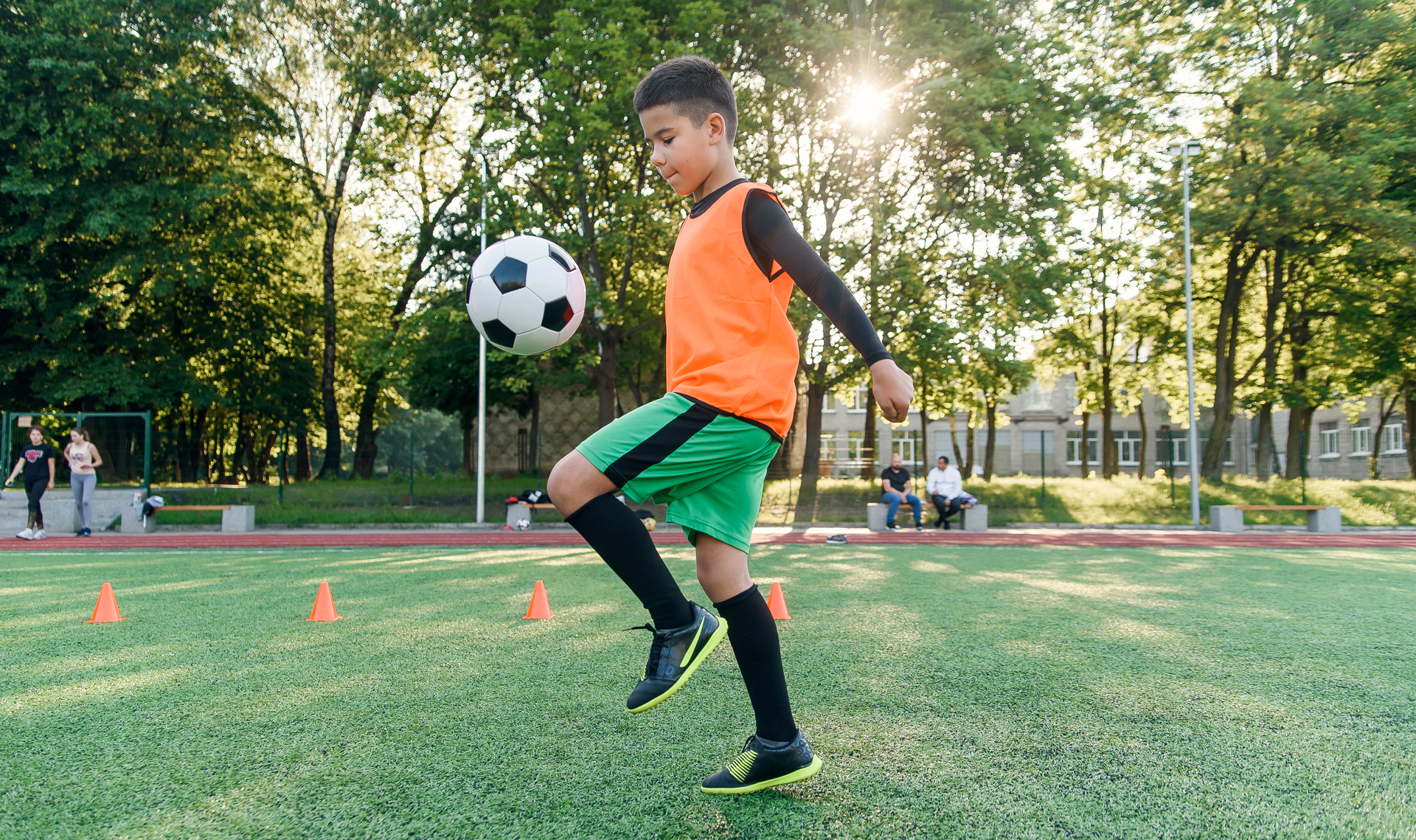In the world of sports, success requires more than just talent. It is a complex amalgam of skill, dedication, and above all, ironclad self-discipline and relentless perseverance. As Olympic legend Jesse Owens pointed out,“We all have dreams, but, for them to come true, it takes an incredible amount of determination, dedication, self-discipline, and commitment.”
What is self-discipline?
Self-discipline is a daily practice. It is the ability to push ourselves to keep our best intentions and pursue our most ambitious goals, even when we don’t feel like it. This involves postponing immediate pleasure or enduring short-term inconvenience in view of long-term benefits. Those who exercise self-discipline consciously choose to do what is best for themselves, despite distractions, hard work required, or unfavorable odds.

Differences between Self-discipline, Self-motivation and Willpower
It is essential to distinguish self-discipline from self-motivation and willpower. While motivation can ignite the desire to act, willpower helps us resist momentary temptations. Self-discipline, on the other hand, integrates both of these aspects but focuses on long-term and constant practice, regardless of emotional or physical fluctuations.
The Fundamentals of Self-Discipline: Self-discipline for a soccer player begins with adherence to training schedules, dietary control, and leisure time management. This discipline is reflected not only in the daily routine but also in small choices, such as forgoing evening outings before an important game. Coaches such as Pep Guardiola and Jurgen Klopp have often stressed the importance of not only tactical but also personal discipline in building successful teams.
The mental resilience that comes from self-discipline helps athletes overcome obstacles and challenges, such as injury or defeat. For example, in the context of preparing for major competitions, discipline in maintaining a training routine, rest, and recovery is crucial. Athletes can use techniques such as meditation, mental training, and visualization to improve their concentration and performance under pressure.
Highlighted Statistics: A recent UEFA report revealed that players who follow customized training programs consistently show a 30 percent improvement in their ability to perform under pressure compared to those who follow a more flexible approach. This result highlights the significant impact that targeted and regular training can have on performance in critical situations. Each player has specific needs in terms of physical ability, stamina, and technical skills, which must be addressed individually to maximize their potential.
A customized training program, therefore, considers these unique aspects, allowing players to work on specific areas that require improvement and develop their skills more effectively. Consistency in training is another crucial element highlighted by the report. Players who follow their programs rigorously are the ones who show the greatest improvement. Discipline and regularity turn training into a ritual, reinforcing learned skills and improving mental and physical resilience, which is essential to perform under pressure.
Consistency in Great Champions: Cristiano Ronaldo is often cited as an example of constancy. His daily training regimen, which includes five training sessions a week, each session lasting 3-4 hours a day, demonstrates his commitment. A famous quote of his sums up his vision: ” Without discipline, talent is nothing. I work every day to improve myself and take nothing for granted. ” In contrast, Mario Balotelli is famous for his extravagance: an undisputed talent, his career has often been hampered by lack of discipline.
Impact of Consistency on Team Performance: Consistency in training is often reflected in team results. For example, Leicester City in their incredible Premier League triumph in 2016 attributed a large part of their success to consistency in training and team cohesion, which helped them outperform teams with much higher budgets.
Stories of Transformation: Mohamed Salah ‘s story is an example of how self-discipline and perseverance can transform a player. From an under-expressed talent at Roma to a world icon at Liverpool, Salah has shown that with the right mindset one can reach unthinkable heights.
Developing Self-Discipline
Self-discipline is comparable to a muscle: the more you exercise it, the stronger it gets. It is crucial to start with small goals and gradually increase the difficulty. Starting with challenges that are too big can lead to frustration and failure. Also, when breaking a bad habit, it is important to replace it immediately with a productive alternative to avoid a sense of emptiness.
Self-discipline turns ambition into reality. Learning to master this skill can mean the difference between realizing your dreams or getting trapped in a cycle of unfulfilled intentions. By investing time and effort in cultivating self-discipline, we can unlock almost unlimited potential in every aspect of our lives.

Children’s Discipline and Self-Discipline Education
In an era where technology and gaming come together to create unique educational experiences, Dribblium, a “phygital” video game that is revolutionizing the way children learn and practice soccer, emerges. This innovative game offers young soccer players the opportunity to improve their ball control skills by combining physical action with digital interaction, allowing them to practice from the comfort of home even on a daily basis. One of the most revolutionary aspects of Dribblium is its reward system based on daily activity.
Each day when children practice for more than 15 minutes, a calendar box in the game lights up. Continuity is rewarded: the more consecutive boxes that light up, the more credits earned in the game, unlocking badges and reaching new milestones. This gamification mechanism not only makes training more fun but also teaches the value of consistency and discipline.
Through regular commitment, youth players learn to establish and maintain a routine, understanding that consistency is critical to success in both sports and daily life. This approach helps them develop a mindset that values hard work and consistent commitment.
The road to success in soccer is paved with sacrifice, effort and uncompromising dedication. Aspiring soccer players must look up to role models like Ronaldo and Salah, and aspire not only to emulate their technical skills, but also their daily commitment and perseverance.
It is time for every young player to think seriously about what it means to devote oneself completely to soccer. It is not enough to desire success; it is essential to live each day with the determination and self-discipline needed to turn dreams into reality. Mental strength distinguishes champions from near champions. A champion is forged not only in gyms, but with the iron will to achieve a dream and the willingness every day to train to achieve it. “Discipline is doing what you hate to do, and doing it like you love it.” Mike Tyson
Faq
How can parents help develop self-discipline in young soccer players?
Parents can establish daily routines, encourage perseverance, monitor progress, and provide constant support in successes and challenges.
What are some specific activities or exercises that can help build self-discipline in young soccer players?
Set specific goals, practice regular soccer technique exercises, eat a balanced diet, and maintain a training diary.
How can coaches promote self-discipline among young soccer players?
Coaches can set clear rules, assign responsibilities, offer constructive feedback and recognize improvements to strengthen self-discipline in young soccer players.
What is the role of self-discipline in injury prevention in soccer?
Self-discipline is essential to strictly follow workouts, warm-up and recovery routines, thus reducing the risk of injury.
Are there mental exercises that can help develop self-discipline in soccer?
Yes. For example, visualization exercises, guided meditation, and breathing techniques help strengthen concentration and mental resilience in soccer.
How can a young soccer player balance self-discipline in soccer with other responsibilities such as school?
A young soccer player can balance self-discipline in soccer and school by organizing a clear calendar, setting priorities and meeting deadlines.
How does self-discipline contribute to teamwork in soccer?
Self-discipline promotes responsibility, punctuality and commitment, which are fundamental to mutual respect and cohesion within a soccer team.







